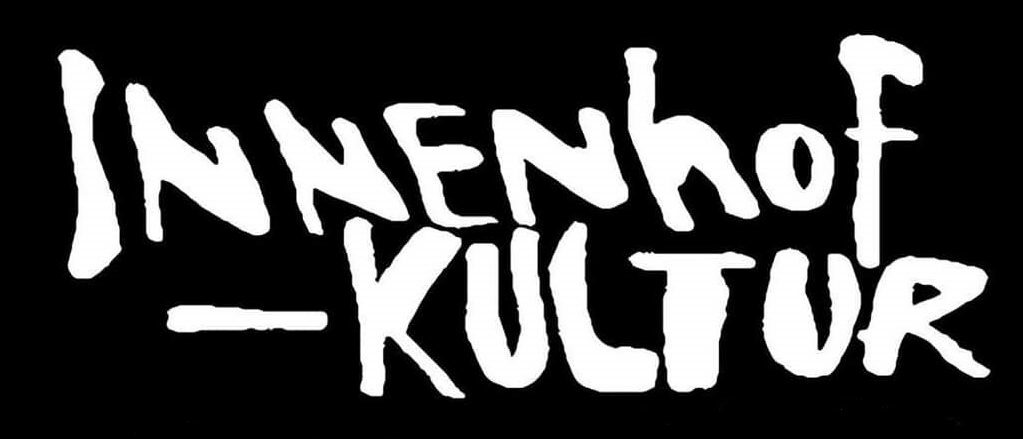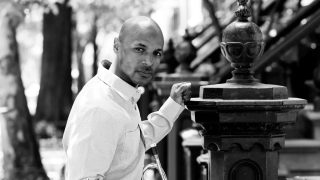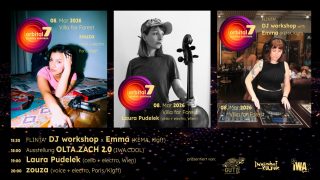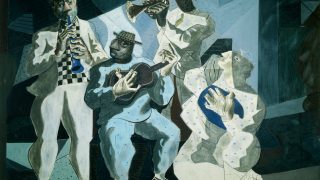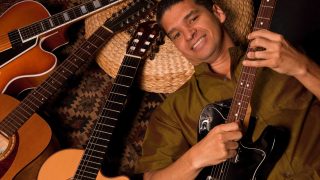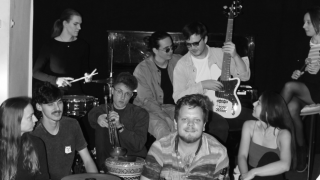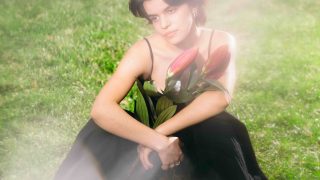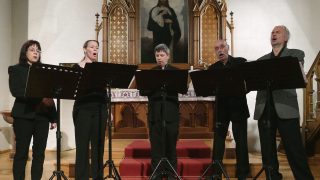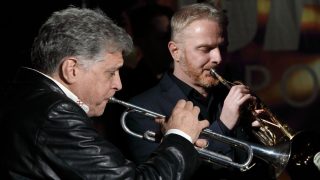MONDER-SITTER-GFRERRER | voice-guitar-bass | 20.00
ELISABETH MONDER-voc, PRIMUS SITTER-git, STEFAN GFRERRER-b
Eintritt: 10 | 8 | 5
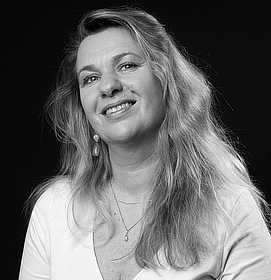
VOICE – GUITAR – BASS
ELISABETH MONDER – voice
PRIMUS SITTER –
guitar
STEFAN GFRERRER – bass

Monder. Sitter , Gfrerrer haben sich vor
einigen Jahren als musikalisches Trio gefunden. Das Repertoire enthält Jazz
Standards, Balladen, Eigenkompositionen, rockige, soulige und swingende Elemente….
Elisabeth Monder, die in Kärnten geborene
Sängerin entwickelte ihr musikalisches Talent in verschiedenen Umgebungen und
Stilrichtungen. Ihre Suche danach führte sie von Kärnten nach Wien, und
schließlich nach New York, wo sie 14 Jahre verbrachte. Seit 2001 lebt sie
wieder in Kärnten – and keeps on singing….
Primus Sitter lebt als Gitarrist und
Komponist in Kärnten und ist in Österreich, sowie auch international als
Musiker tätig. Preisträger bei der
‚International Heritage
Jazz-Guitar-Competition‘ 1996 in Nashville, Tennessee, USA, zeugt von seiner
breiten Musikalität. Er arbeitet an eigenen Projekten und ist als beliebter
Sideman sehr vielseitig eingesetzt. (mehr info unter www.primussitter.com-)
Stefan Gfrerrer lebt ebenfalls in Kärnten, studierte klassischen Kontrabass
in Klagenfurt bei Rastislav Zatloukal und diplomierte mit Auszeichnung an der
Jazzabteilung der Kunst-Universität Graz bei Prof. Wayne Darling. Er arbeitete
mit vielen Ensembles national und international, sowie bei unterschiedlichen
Projekten und Musiktheater Produktionen.
